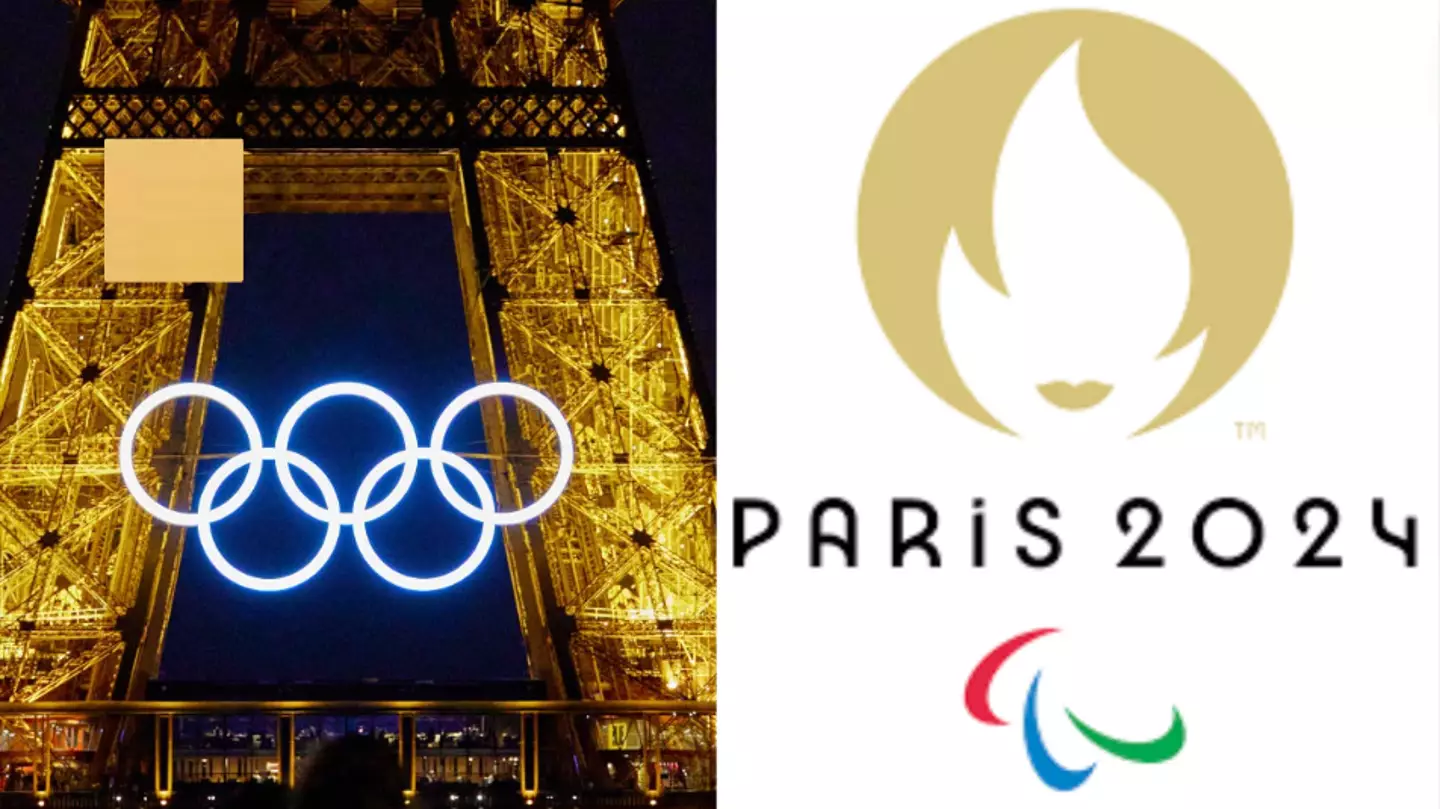
A controversial Paralympics rule has been scrapped just days before the start of the Games in Paris.
More than 4,000 athletes from around the world will come together in Paris to compete across 22 sports when the 2024 Paralympic Games begins on August 28.
The competition follows the Olympic Games, which it is fair to say was overshadowed by a number of controversial incidents.
Now, with just days before the Paralympics begin, the International Paralympic Committee (IPC) has dropped a rule that was long angered many athletes.
Advert
Paralympic athletes were previously banned from displaying tattoos of the Olympic rings.
The IPC is a separate body from the International Olympic Committee (IOC), so it considered tattoos of the iconic Olympic logo a form of 'body advertising'.
In recent weeks it was widely reported that Paralympians would be disqualified from events if they did not cover up tattoos showing the Olympic rings.
Team GB Paralympian Josef Craig was penalised ahead of the 2016 Rio Olympics after failing to cover up an Olympic rings tattoo on his chest.
Craig, a swimmer who has cerebral palsy, was disqualified from the IPC’s European Championship despite winning his heat in the S8 100m freestyle competition.
The IPC defended the decision and said athletes are warned about the rule ahead of time.
"Body advertising is not allowed in any way whatsoever and that includes the Olympic rings," a spokesperson said.
"The athlete did not wear a cover and was therefore disqualified. All teams are informed of the advertising policy at a technical meeting prior to competition. It wasn’t as if they had not been reminded about the rules."
Craig covered up his tattoo in a later event at the European Championship and painted over the design with a picture of the Union Flag for the Rio Games.
Fortunately for athletes, the IPC has now dropped the rule ahead of the Paris Paralympic Games.
"Athletes with such tattoos do not need to cover them up," Craig Spence, the chief brand and communications officer for the IPC, said. He did not explain the reason behind the change.